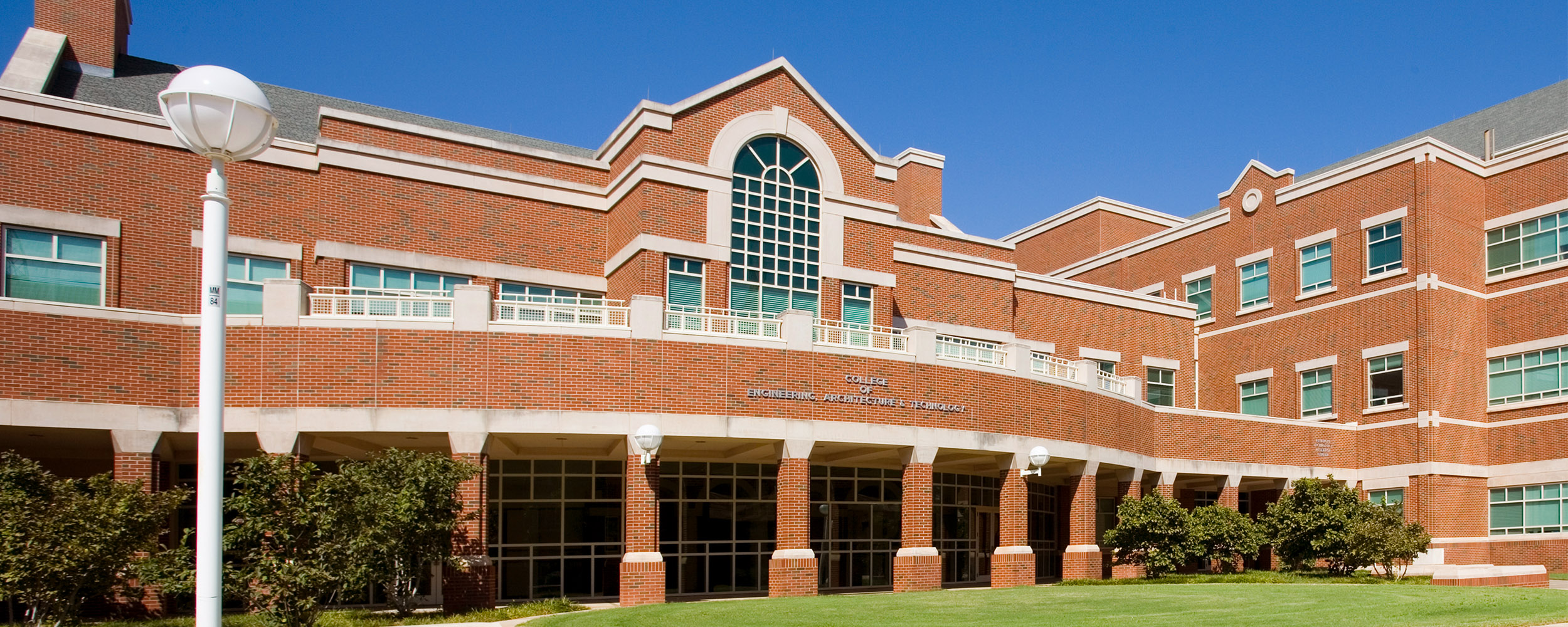
College of Engineering, Architecture and Technology welcomes 15 new faculty
Thursday, August 29, 2024
Media Contact: Kristi Wheeler | Manager, CEAT marketing and Communications | 405-744-5831 | kristi.wheeler@okstate.edu
The Oklahoma State University College of Engineering, Architecture and Technology welcomed 15 new faculty members this fall, adding to its list of esteemed faculty and scope of expertise.
“The College of Engineering, Architecture and Technology is in the process of growing our faculty and we are honored to welcome this talented group of 15 members to the CEAT team,” said Dr. Hanchen Huang, dean of CEAT. “I look forward to working with and supporting them for successful careers here in CEAT and at Oklahoma State University.”
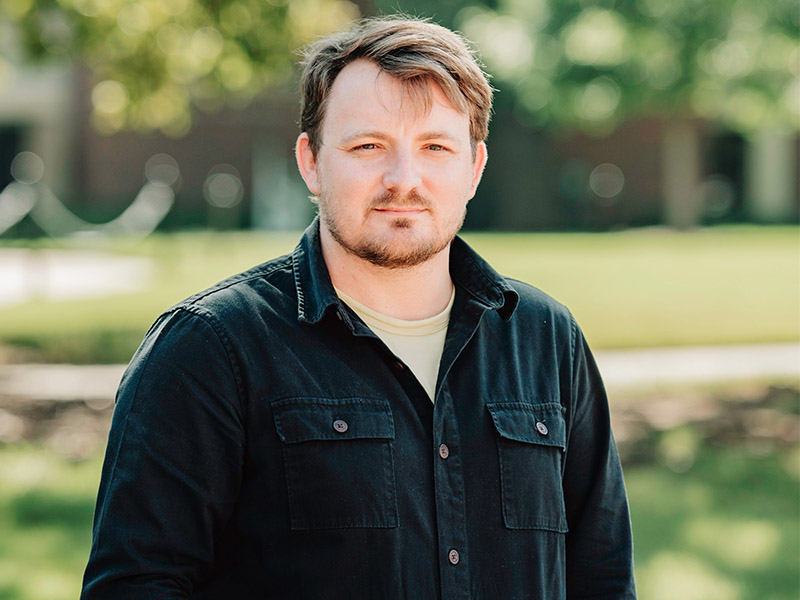
Michael Frush is a registered architect and educator joining OSU as an assistant professor of architecture. He comes to OSU from Atlanta, where he both practiced and taught part-time.
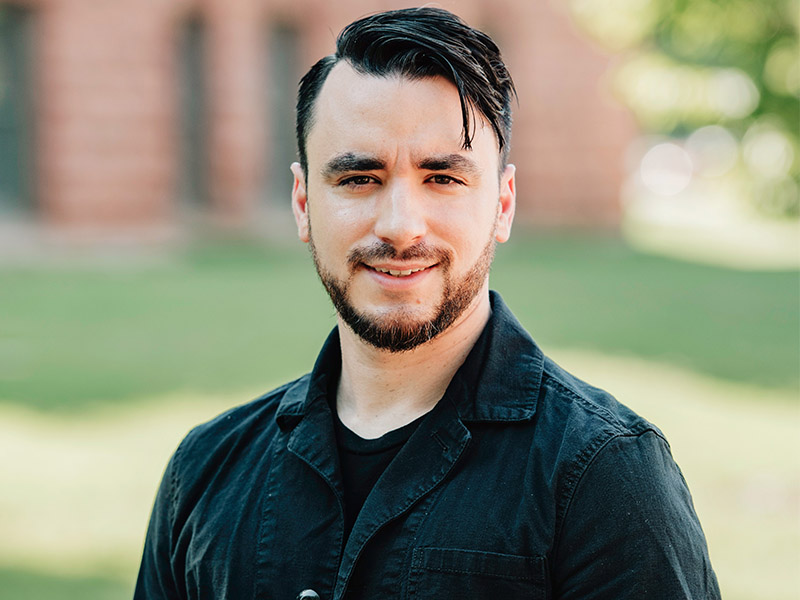
James Piccone is an architect and educator whose research focuses on how design standards, communication mediums and digital cultures have shaped contemporary and historical understandings of architecture. He previously taught architecture at Santa Monica College and the Southern California Institute of Architecture and has practiced with GRO Architects, Curtis + Ginsberg Architects, Patterns, and Doug Aitken Workshop.
His creative work currently speculates on how imaging and computational techniques can be leveraged in the design process to reveal new aesthetic and material territories for future decarbonized residential housing.
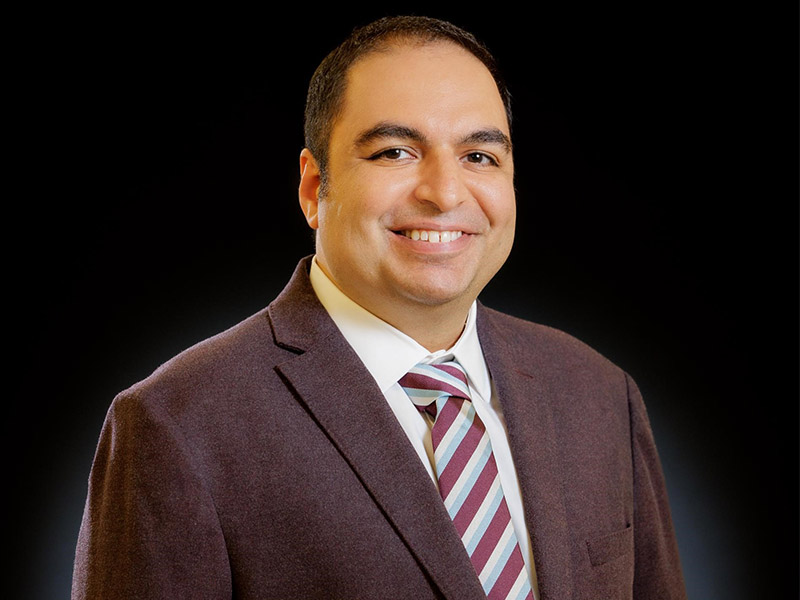
Dr. K.J. Jafarzadegan’s appointment includes research and Extension on characterization, modeling and management of hydrological extremes. His research focuses on enhancing the predictive capabilities of models used for simulating hydrological extremes, developing flood and drought forecasting tools, modeling coupled human-hydrological systems, and quantifying the hazard, vulnerability, and risk across various scales.
In collaboration with the Oklahoma Water Resources Center, Jafarzadegan's Extension
program aims to enhance the resilience of local communities to droughts and floods
by raising awareness, developing advanced user-friendly tools and devising hazard
mitigation strategies.
Dr. K.J. Jafarzadegan
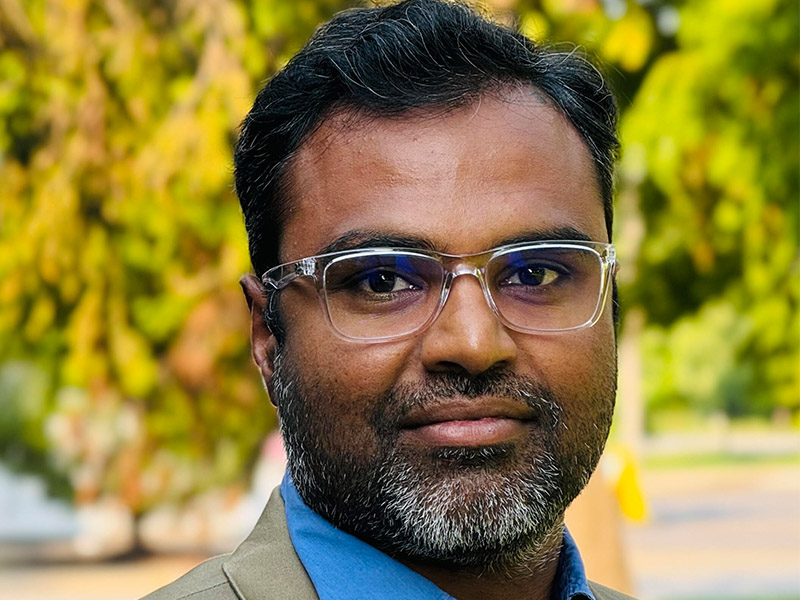
Dr. Praveen Meduri was a research engineer at Advanced Energy Materials before starting as an assistant professor at OSU. Previously, he was an associate professor in the Department of Chemical Engineering, IIT Hyderabad and had been there since 2014. He worked as an independent researcher at Pacific Northwest National Laboratory and Pennsylvania State University prior to joining IIT Hyderabad.
His research spans across the areas of nanomaterials and electrochemistry with a focus on: photocatalysis and electrocatalysis pertaining to water splitting; CO2 conversion to value added chemicals; and water purification, energy storage working on different types of metal-ion batteries and agriculture with interests in sustainable ammonia production and efficient fertilizer use.
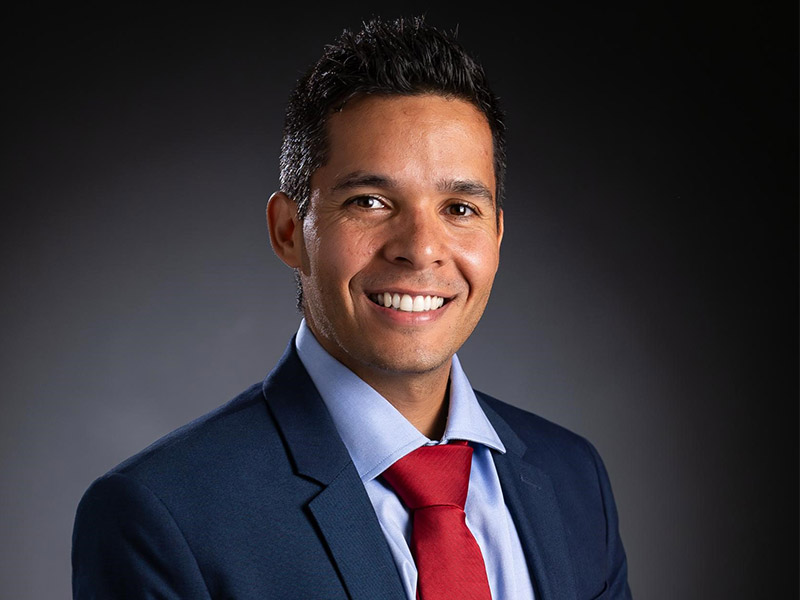
Dr. Gabriel Perez's research spans hydroclimate extremes, process-based modeling of hydrologic processes, extreme event statistics, hydro-geomorphological analysis and flood risk management. His expertise includes high-performance computing, hydroclimate impact assessment, flood frequency analysis, remote sensing, machine learning, groundwater modeling and hyporheic exchange modeling.
Before joining OSU, Perez worked as a postdoctoral researcher at Oak Ridge National
Laboratory & Climate Change Science Institute. Prior to that, he was a postdoctoral
researcher at Vanderbilt University.
Dr. Gabriel Perez
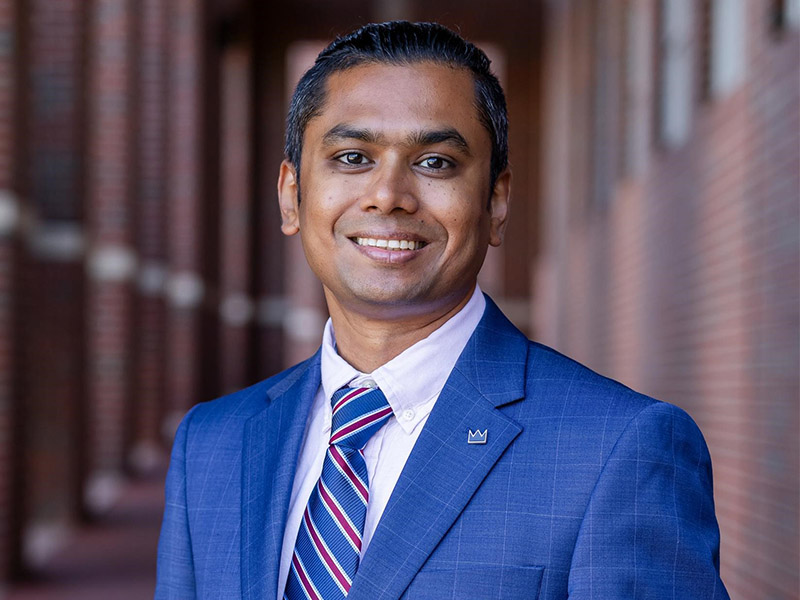
Dr. Hritom Das was a visiting assistant professor with the Department of Electrical and Computer Engineering at the University of South Alabama. In addition, he was a postdoctoral research associate with the Department of Electrical Engineering and Computer Science at the University of Tennessee. Das’ research interests include neuromorphic computing, emerging memory, low-power VLSI circuit design and data privacy for edge devices.
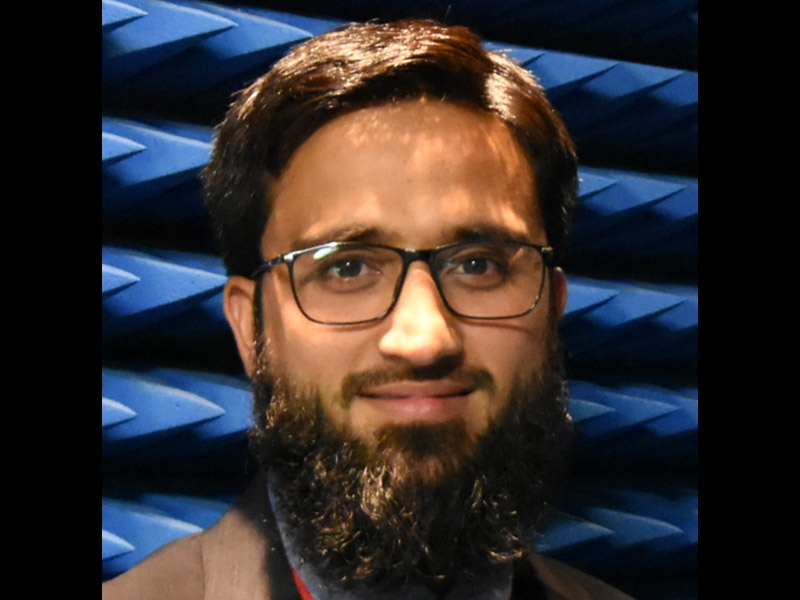
Dr. Syed Jehangir was an antenna engineer at Garmin International in Olathe, Kansas.
Previously, he worked as a research cssociate with the Department of Electrical Engineering,
United Arab Emirates University, focusing on artificial magnetic absorbers in collaboration
with Dassault Aviation, France, and Abu Dhabi Autonomous Systems. His research interests
span various aspects of antenna theory and design, including phased array antennas,
uniform and artificial graded-index dielectric lens antennas, material characterization
of conventional and artificial materials, dual-polarized UWB antennas, MIMO, and wearable
antennas. He has published more than 30 refereed journal and conference papers and
holds three U.S. patents. His Ph.D. dissertation received the Gallogly College of
Engineering Dissertation Excellence Award at the University of Oklahoma. His paper
received first prize in the Institute of Electrical and Electronics Engineers Industrial
Engineering paper award competition at the 2021 IEEE Conference on Antenna Measurements
and Applications in France. He has also received second place in the Oklahoma Aerospace
and Defense Innovation Institute student competition in October 2022. He is the recipient
of several prestigious scholarships at OU including the GSS Travel Award, William
H. Barkow, Farrar Endowment, Access International Student, James and Billie Wright
International Student, and the Nettie Vincent Boggs Graduate scholarships awarded
for his academic excellence. In 2014, he was awarded the Campus Gold Medal for his
excellent academic performance during his undergraduate studies.
Dr. Syed Jehangir
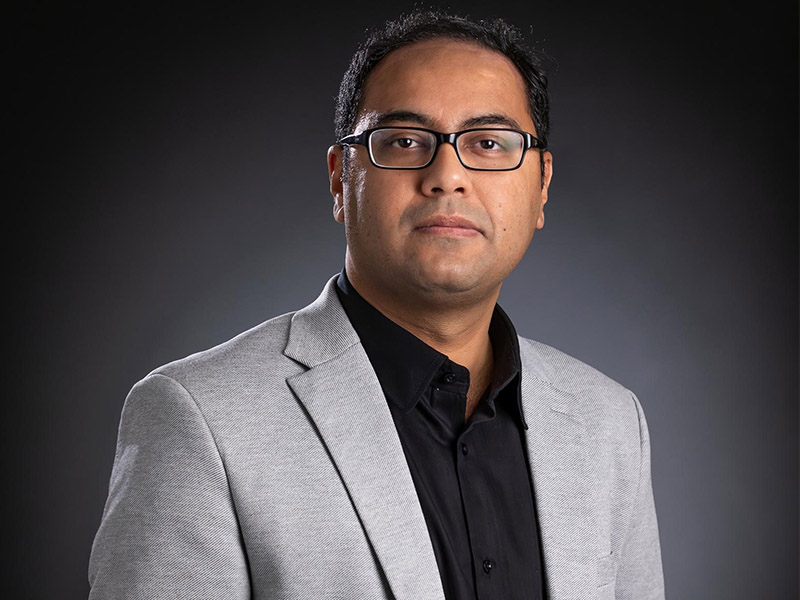
Dr. Shahriar Shahabuddin has accumulated 15 years of experience in digital VLSI design and signal processing through his roles in academia and industries across Europe and America. During spring 2015, he was with Computer Systems Laboratory at Cornell University as a visiting scholar. From 2017 to 2020, he held positions as an SoC specialist and senior DSP engineer at Nokia in Finland and Dallas, respectively. He also served as an assistant professor of instruction at the University of Texas-Arlington during 2023 and 2024. Shahabuddin's research interests include VLSI signal processing, machine learning accelerators and 6G security.
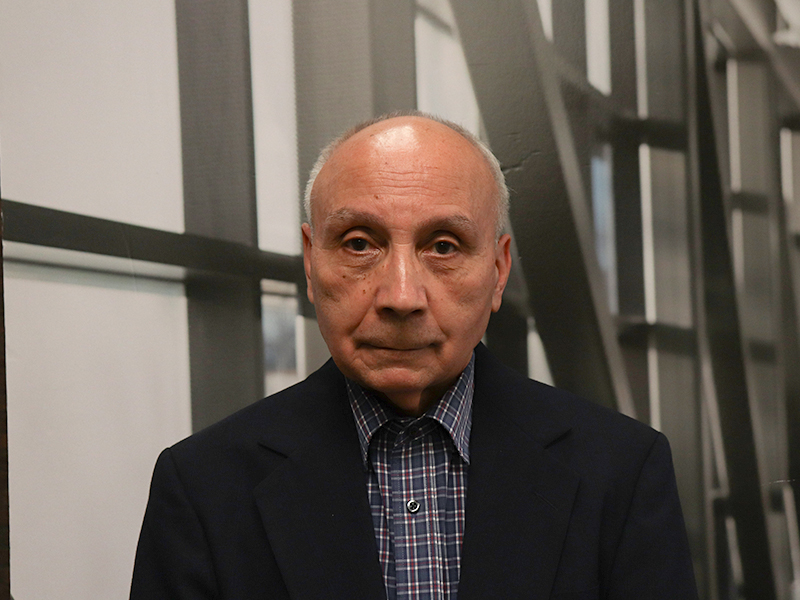
Dr. Jahan Bayat has over 20 years of teaching experience in thermal science, fluid
science, solid mechanics and mechanical design. He has experience in doing research
in academia and publishing papers in engineering magazines and international journals.
Before teaching, he worked for seven years as a senior engineer in the field and a
nuclear reactor design component at national laboratory INL managed by the Department
of Energy.
Dr. Jahan Bayat
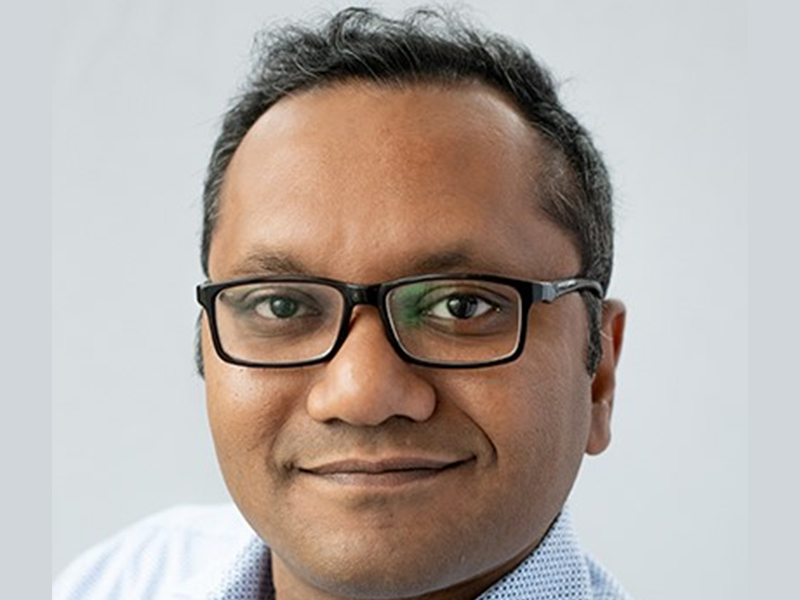
Dr. Muhammad Jujuly is a professional engineer with over 10 years of experience in
process safety, energy and manufacturing industries. Prior to joining the OSU Fire Protection and Safety Engineering Technology program, Jujuly taught a petroleum and energy engineering program in Canada. His teaching
and research interests are fire and explosion modeling, natural gas transmission pipeline,
machine and equipment design, probabilistic risk models and consequence analysis.
Dr. Muhammad Jujuly
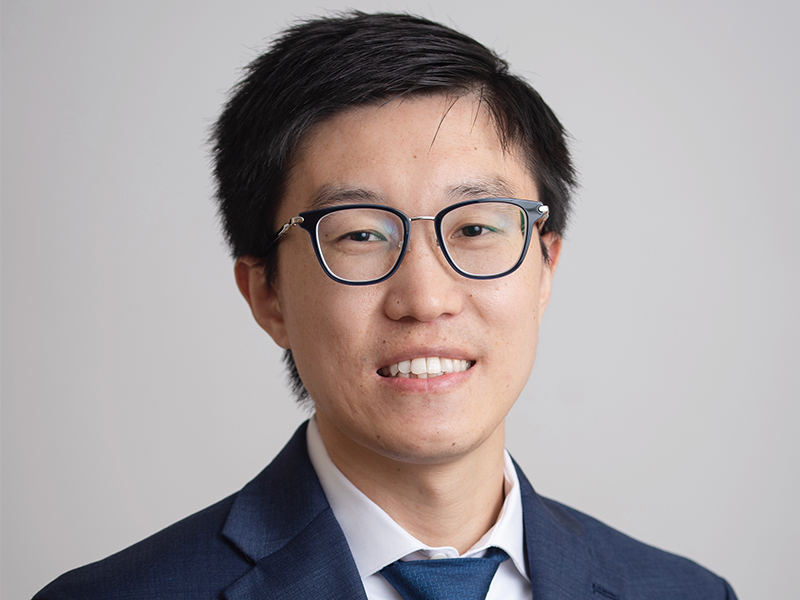
Driven by a vision to safeguard people, communities and the environment, Dr. Ruiqing Shen’s research focuses on developing eco-friendly fire-safe materials, designing cost-effective engineering safety and health strategies, advancing the manufacturing of polymeric materials, integrating new technologies into chemical process safety, enhancing fire safety of energy storage systems, and improving occupational health and safety.
To date, Shen has published over 50 peer-reviewed journal articles and contributed
to two book chapters in these fields. His research endeavors have been supported by
prominent organizations such as National Science Foundation, Occupational Safety and
Health Administration and Mine Safety and Health Administration. Prior to his return
to OSU he served as an assistant professor in the Department of Mechanical and Industrial
Engineering at Marshall University.
Dr. Ruiqing (Ryan) Shen
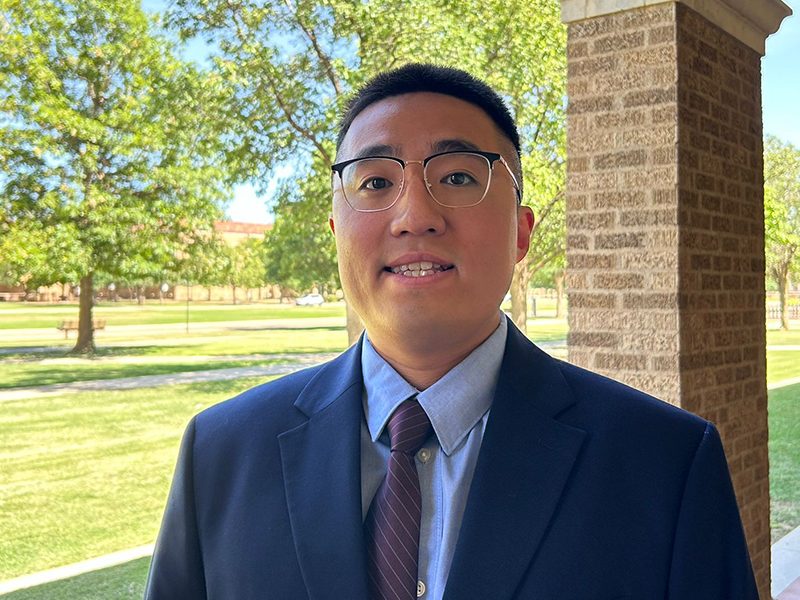
Before joining OSU, Dr. Yafeng Wang gained industrial experience at Caterpillar, NVIDIA and Brooks Automation. His industrial work primarily focused on mathematical and simulation modeling, autonomous control systems and industrial artificial intelligence model development.
Currently, his research centers on AI-enhanced computer vision, autonomous robotic
systems and controls, with a primary focus on autonomous aerial vehicle control for
renewable energy facility inspection. By integrating AI-driven robotic vision with
advanced control systems, Wang aims to deliver cost-effective, industry-level solutions
and impactful research for the renewable energy sector.
Dr. Yafeng Wang
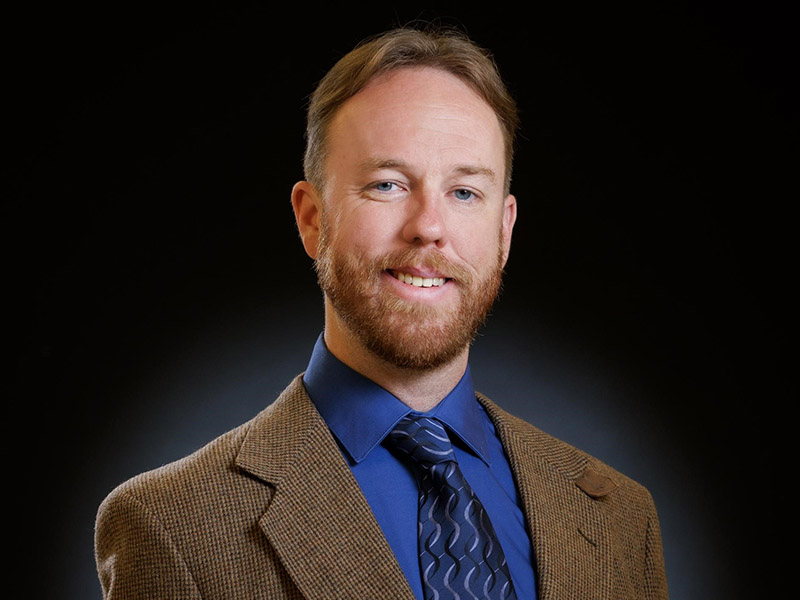
Dr. Paul Elliott’s areas of research include low-stress ceramic to metal bonding, metal 3D printing and low temperature casting, non-toxic amalgams and metal matrix composites, and vehicle and motor design for high powered rocketry. His work with NASA includes the design and construction of a rover experiment platform for the detection of methane over large distances on the Martian surface, and the construction of an experimental package that flew on a sounding rocket to an altitude of 41 miles.
Before coming to OSU, he was an assistant professor at the State University of New York where he was selected as the Instructor of the Year in 2020 and a visiting assistant professor at the University of North Florida.
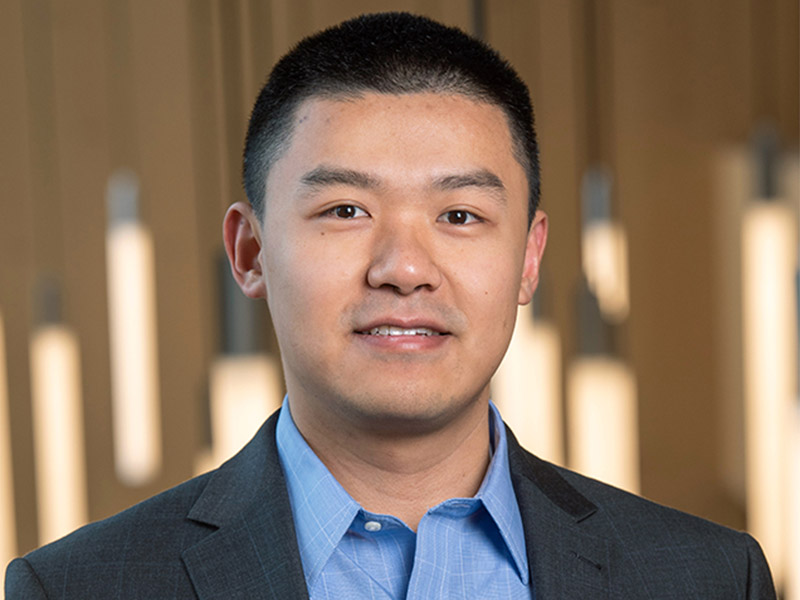
Dr. Sicheng Li specializes in rotorcraft aeromechanics and is widely recognized for his groundbreaking work on the UCD-QuietFly model — a physics-based method that stands as the first of its kind for simulating broadband noise on multi-rotor aircraft. His research outcomes have been adopted by leading players in the eVTOL/UAM industry and academia. Li has received the Acoustics Best Paper Award from the Vertical Flight Society and is currently serving on the VFS Acoustics Technical Committee.
His current research activities include computational aerodynamics, vortex/wake interaction,
bio-inspired aircraft design, indoor/outdoor aeroacoustics experiment and transformative
air/watercraft design.
Dr. Sicheng Kevin Li
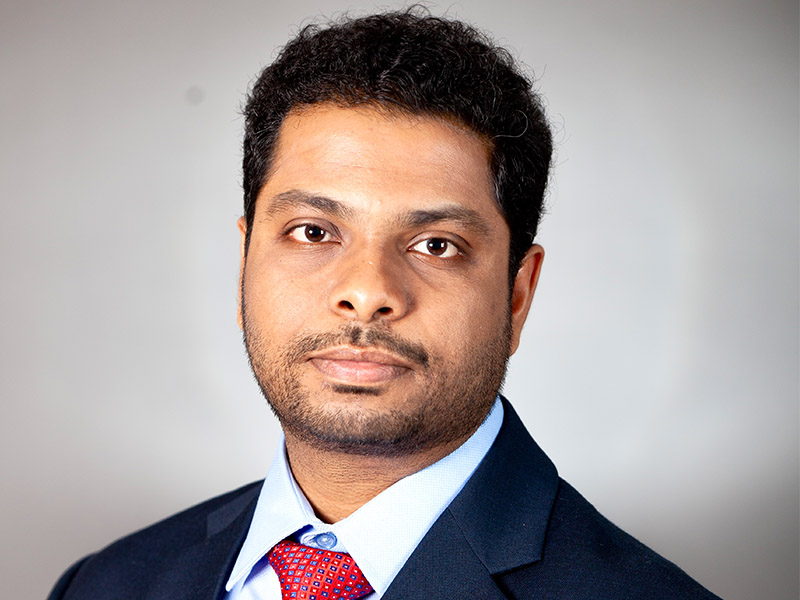
Dr. Hemanth Manjunatha specializes in neuro-physiological computing and machine learning for human-robot interaction and human-swarm interaction. Manjunatha’s current research involves the development of technologies for ensuring the safety and reliability of deep neural network-based learning architectures in the field of autonomy, with a strong emphasis on safety and formal assurances during training and real-time operation of autonomous systems.
He is also involved in the NASA University Leadership Initiative, actively exploring foundational innovations that empower deep neural networks to exhibit robustness and adaptability in unforeseen situations within autonomous aviation.
